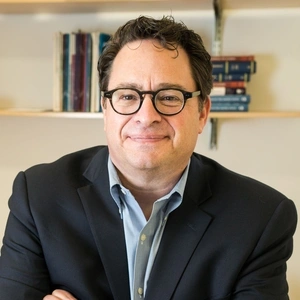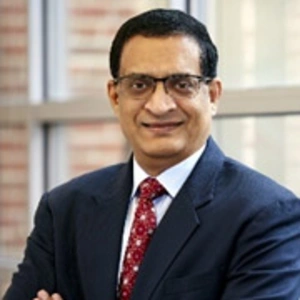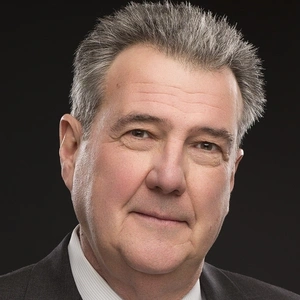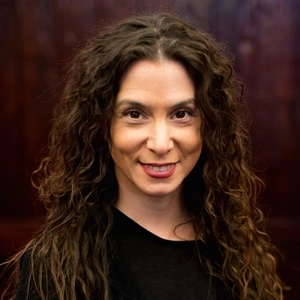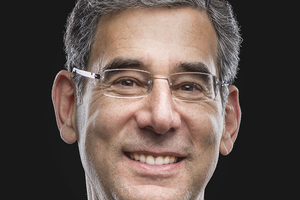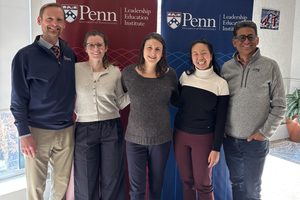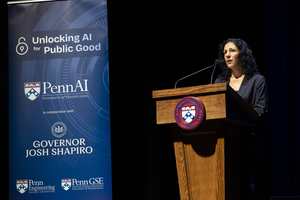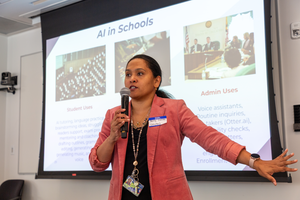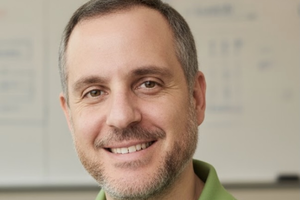Faculty Expert
-
Peter Eckel
Senior Fellow and Director of Leadership Programs, Penn AHEAD
Policy, Organizations, Leadership, and Systems Division -
Raghu Krishnamoorthy
Director, Penn Chief Learning Officer Program
Policy, Organizations, Leadership, and Systems Division
With a shared interest in designing more effective and inclusive learning strategies, Penn GSE and Anant National University hosted three dozen international educators for the Future of Learning International Design Collaborative March 28–30 in Ahmedabad, India.
This effort sought to build a foundation for innovating education worldwide, allowing delegates to share best practices and activate their networks to spur innovation and new partnerships.
“We want to ignite a set of innovative conversations around the world that can find support for each other … and build another type of collaborative network,” explains Peter Eckel, Senior Fellow and Director of Leadership Programs for Penn AHEAD at Penn GSE. “The event created new synergies and opportunities to bring together thinkers committed to education who work in very different contexts and parts of education.”
Delegates and guests representing a range of universities and organizations from 13 countries attended the event, including Indian leaders such as Dharmendra Pradhan, India’s Minister of Education, Skill Development and Entrepreneurship; Professor Mamidala Jagadesh Kumar, Chairman of the University Grants Commission; and the Honorable Chief Minister of Gujarat, Shri Bhupendra Rajnikant Patel.
Together, the delegates came up with the following steps to move forward:
Build an expanded network of collaborators to broaden the scope of involvement and address issues such as equity and inclusion and technology.
Develop resources and tools that support learning innovators in their local contexts.
Focus on advocating for conducive and supportive contexts for learning, such as ways to impact policy and cultivate leaders and governing boards that can advance such work.
The partnership behind the event grew from conversations last year in Philadelphia between Anant University Provost Anunaya Chaubey and Penn GSE leaders, including Eckel; Raghu Krishnamoorthy, senior fellow and director of the Chief Learning Officer doctoral program; Alan Ruby, the head of Penn GSE’s Global Engagement Office (GEO); and Jenny Zapf, senior fellow and director of the Educational Entrepreneurship program. The conversations eventually evolved into a more formal relationship outlined in a Memorandum of Understanding (MOU), which promotes cooperative research, facilitates the exchange of ideas, and extends the reach of both institutions.
The MOU and partnership exemplify Penn GSE and the University’s growing involvement in India. In June, for example, Eckel is leading a group of executive doctoral students on a trip to India as part of a course in comparative education. Plans also call for Indian educational leaders to visit Penn GSE.
As international educators share ideas, Eckel acknowledges social and cultural differences — what works in one country or culture may not fit the needs of another community. However, he said the idea is to collect and share the best practices and empower educators to adapt them.
"We want people to take these ideas and relationships and use them back in their work and networks and find synergies across countries, contexts, and systems," he says.
Media Inquiries
Penn GSE Communications is here to help reporters connect with the education experts they need.
